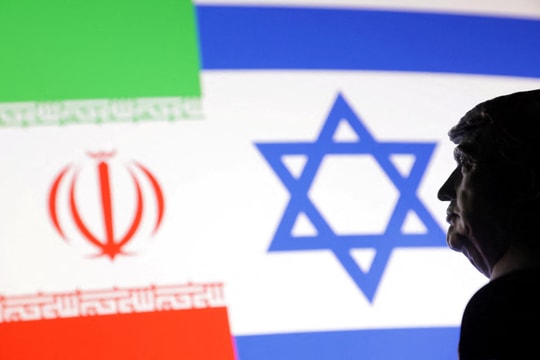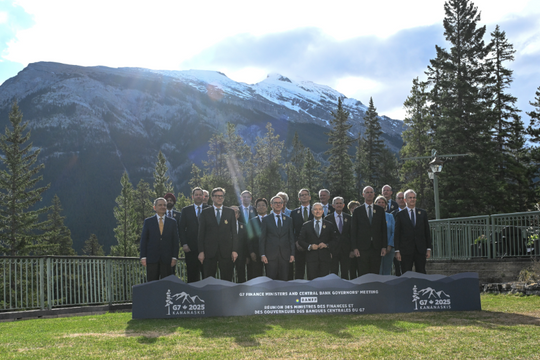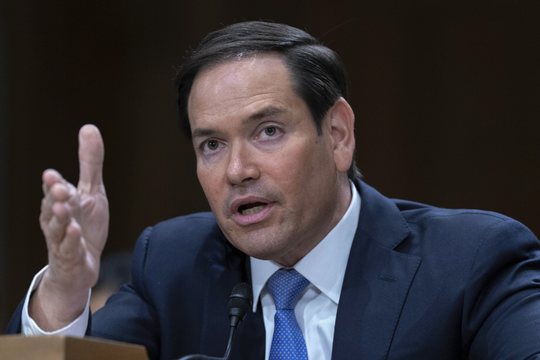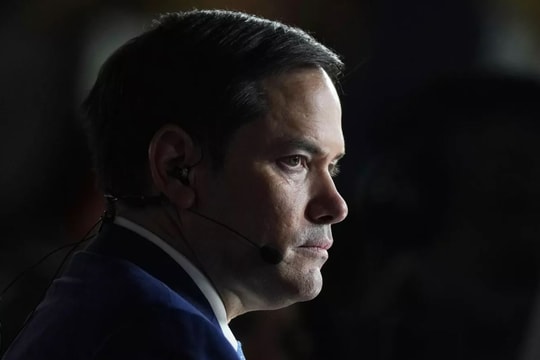Middle East Paradox: Ceasefire Announced, Missiles Still Falling, Nuclear Question Left Unanswered?
In just 48 hours, the Middle East has experienced a series of dizzying changes: from an unprecedented US airstrike using the most powerful non-nuclear weapon, to an Iranian missile retaliation targeting the largest US base in the region, and then suddenly ending with a ceasefire agreement announced by President Donald Trump.
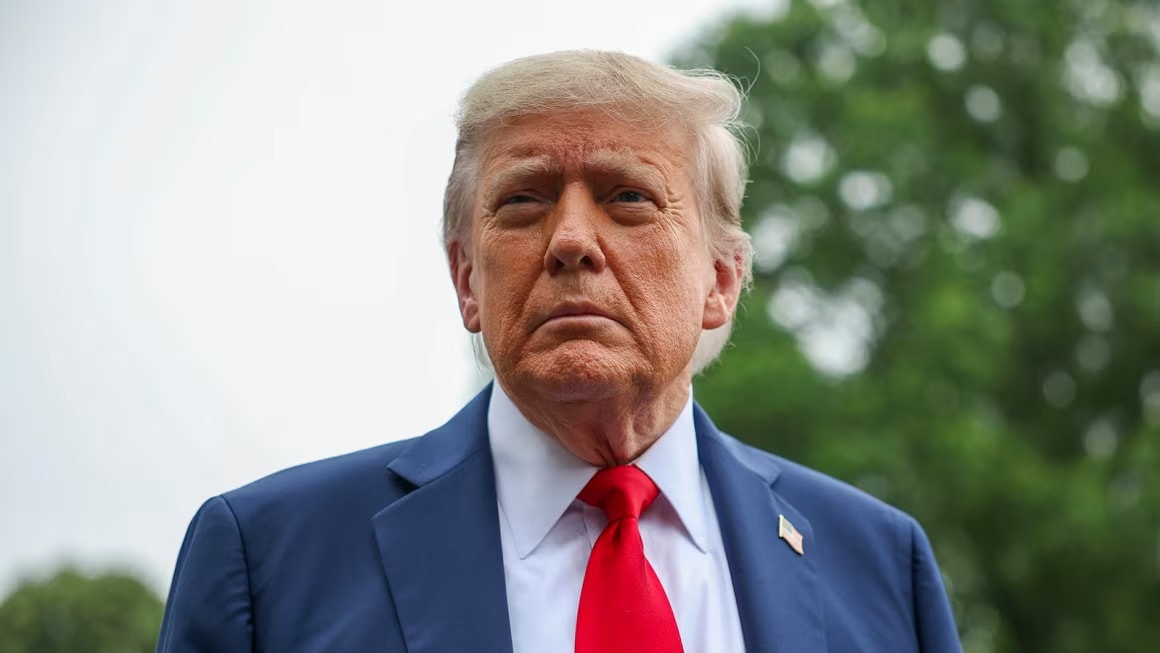
But even as the "12-Day War" was declared over, the last missiles still fell, leaving a fragile peace and a host of big unanswered questions.
The world watched in horror as events escalated to a climax on the night of June 23. And as dawn broke in the Middle East on the morning of June 24, a glimmer of hope emerged that the conflict was coming to an end. “THE CEASE FIRE IS NOW IN EFFECT. PLEASE DO NOT VIOLATE IT!” Trump wrote on his Truth Social account.
At almost the same time, however, Israeli rescuers were still working at the scene in the city of Beer Sheva, where a missile attack from Iran had killed at least five people and wounded 20. It may have been the last act of hostilities, but it was also a stark reminder of the complexities of the newly announced peace.
The unexpected ceasefire and strange details
On the evening of June 23 in Washington, President Trump unilaterally announced a "Complete and Total" ceasefire between Israel and Iran. "I want to congratulate both Nations, Israel and Iran, for having the Stamina, Courage, and Wisdom to end what should be called a '12-DAY WAR,'" Trump wrote.
According to the US President, the ceasefire will be implemented in stages: Iran will stop its attacks first, then 12 hours later Israel will do the same.
A senior White House official told CNN that Israel agreed to the deal on the condition that Iran halt attacks on its territory. Negotiations are said to be taking place at a high level. Trump has spoken directly to Israeli Prime Minister Benjamin Netanyahu, while Vice President JD Vance, National Security Adviser Marco Rubio and other envoys have been negotiating with Iran through direct and indirect channels. Qatari Prime Minister Sheikh Mohammed bin Abdulrahman bin Jassim Al-Thani is said to have secured final approval from Iran on June 23.
However, there are different versions of the story. While Mr Trump claimed both sides approached him for a deal, Iranian state media reported that Mr Trump "begged" for a deal after the US air base in Qatar was attacked.
Iran's retaliation and the open nuclear question
Just hours before Mr. Trump’s announcement, Iran launched about a dozen short- and medium-range ballistic missiles at Al Udeid Air Base in Qatar, the largest U.S. military facility in the Middle East. However, Tehran had given both the U.S. and Qatar advance notice of the attack. Air defenses, including Patriot missile batteries, intercepted nearly all of the missiles. No casualties were reported.
In an unusual move, Mr. Trump thanked Iran for the warning. “Most importantly, they have released all the anger in their ‘system,’” Mr. Trump wrote. Analysts say this was a calculated move by Tehran: to retaliate to save face, but not cause casualties to avoid an uncontrollable spiral of escalation.
The biggest question, however, remains over what started the conflict—Iran’s nuclear program. The Trump administration has confidently claimed that its bunker-busting airstrikes have set back Iran’s nuclear weapons program by years. But some experts are more skeptical, worrying that Iran may have moved its stockpiles of highly enriched uranium before the attack and could build a weapon in just a few months at secret facilities.
Gaza - The Forgotten Front?
While the world's attention is focused on the dramatic confrontation between Israel and Iran, the more than 20-month conflict in the Gaza Strip continues quietly. Dozens of people have been killed in Israeli attacks in recent days as they tried to reach meager food aid, according to Palestinian sources. More than 55,000 people have died since the war began, and much of Gaza's population is facing starvation.
This contrast has prompted urgent calls from within Israel itself. The Forum for Families of Hostage and Missing Persons issued a statement: "Those who can achieve a ceasefire with Iran can also end the war in Gaza... After 12 days and nights of sleeplessness for the Israeli people because of Iran, we can finally go back to not sleeping for the hostages."
Israeli opposition leader Yair Lapid agreed: "And now Gaza. It's time to close that front. To bring the hostages home, to end the war. Israel needs to start rebuilding."
The "12-day" crisis may have come to a temporary end, but it has exposed a complex reality: a fragile peace may have been declared, but for true peace to be achieved for the entire region, many big questions remain to be answered.

